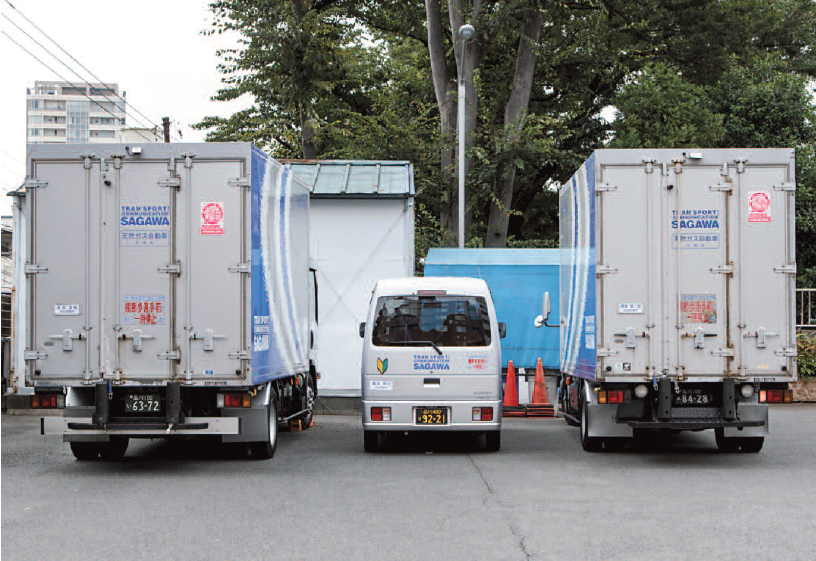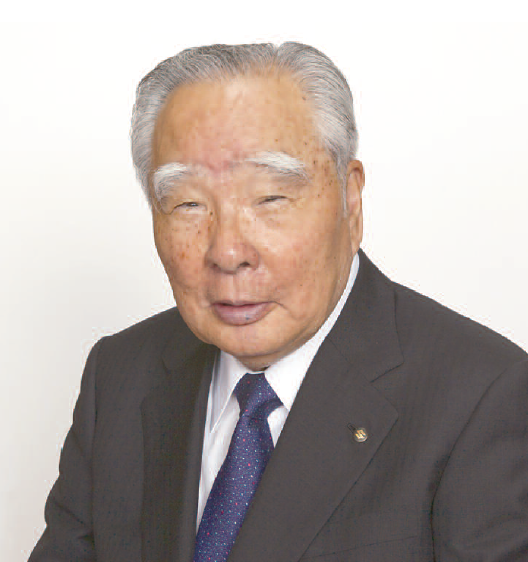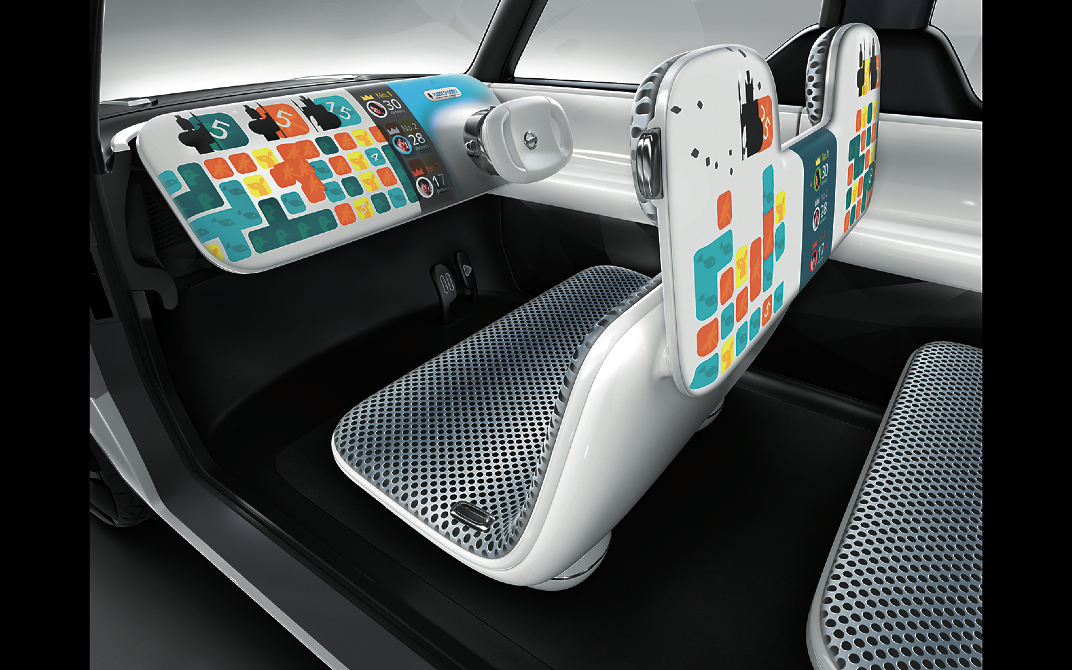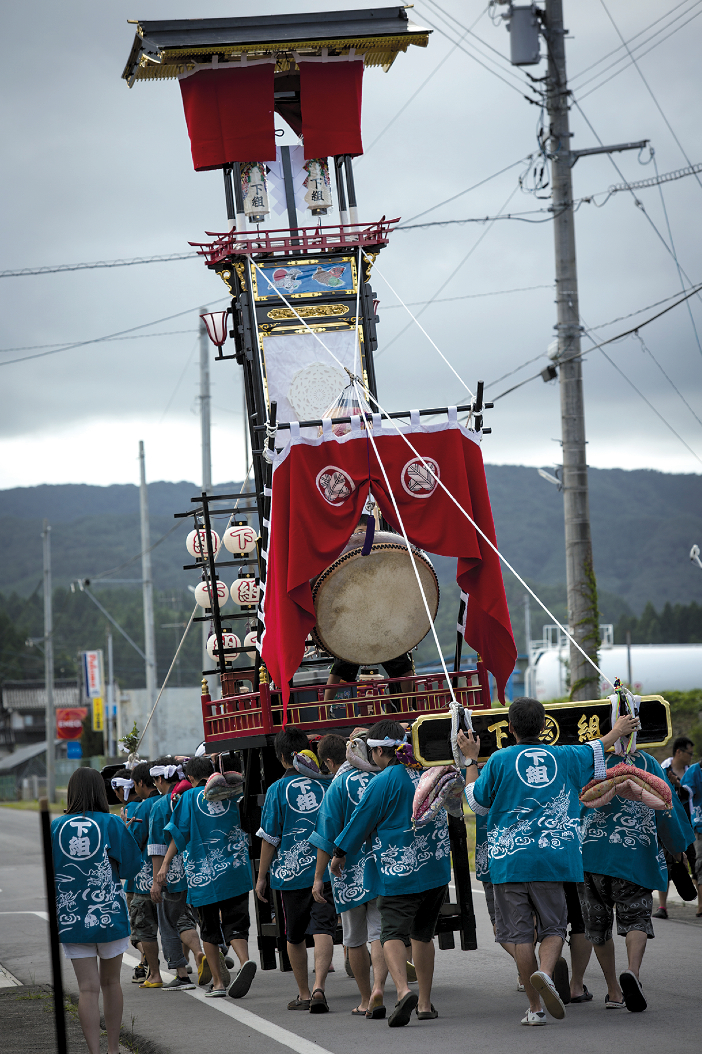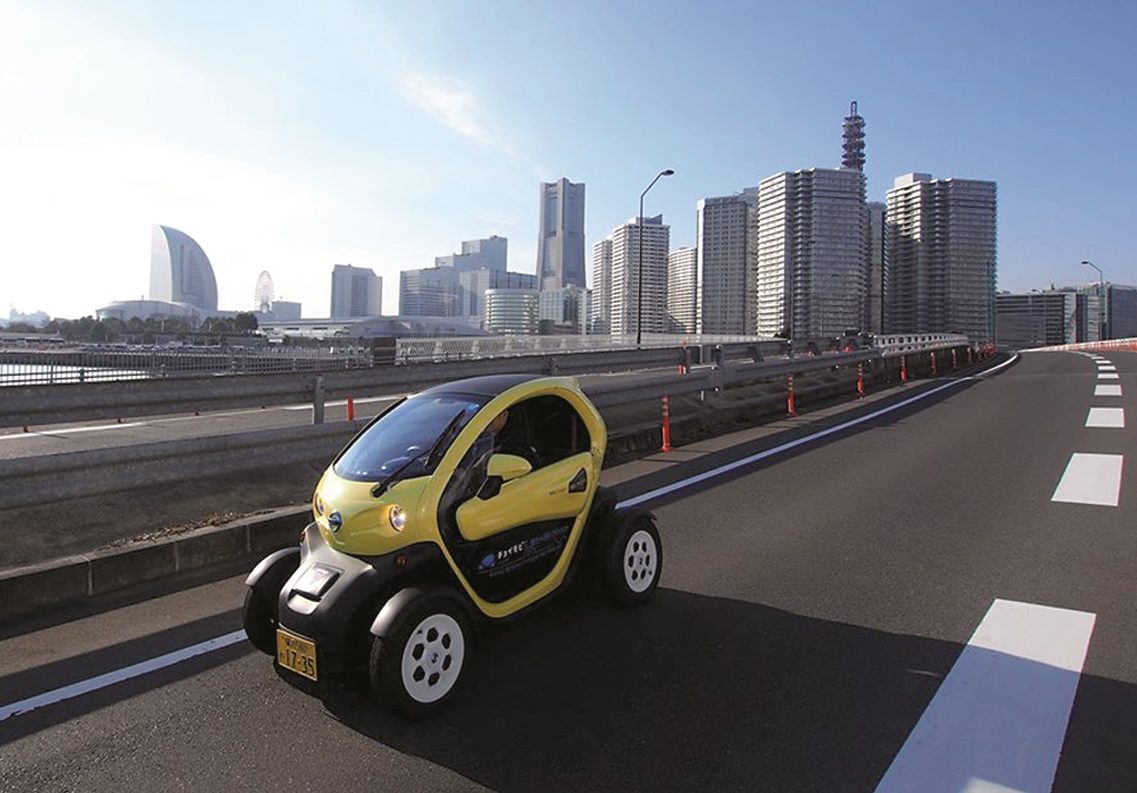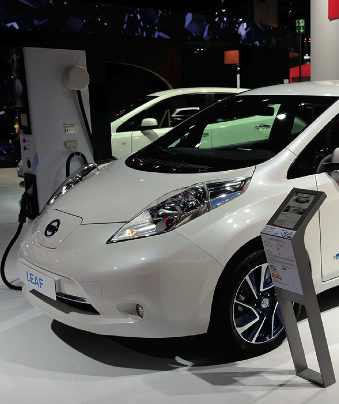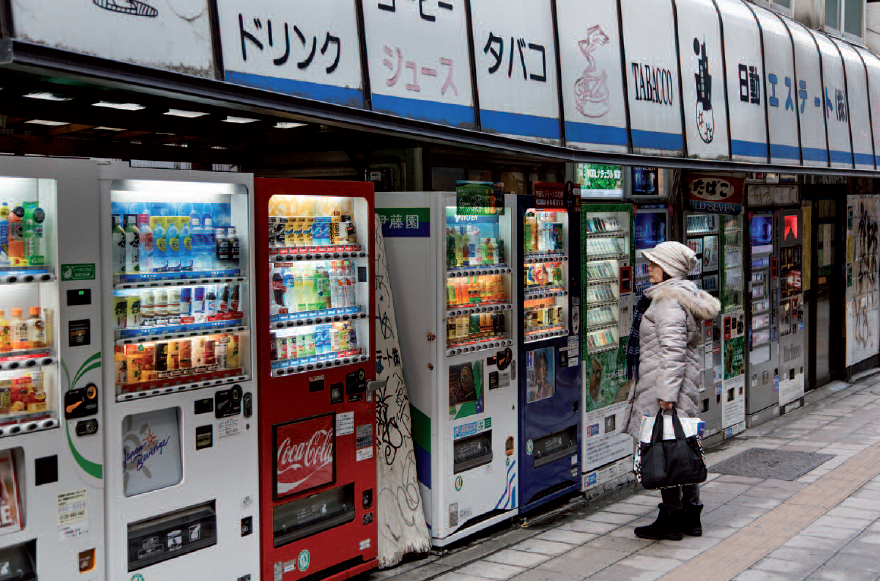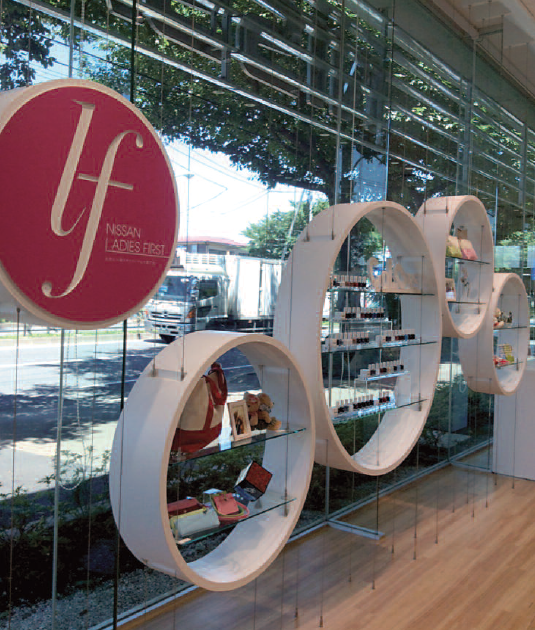
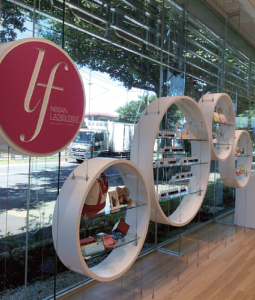 Aware of the importance of attracting female customers, Nissan has put together a new concept called Ladies First.
Aware of the importance of attracting female customers, Nissan has put together a new concept called Ladies First.
Cars and engines are usually thought to be a man’s domain, but according to recent surveys, 80 percent of car-buying decisions are influenced by women and 65 percent of car purchases are actually decided by women. In fact, in several developed countries there are nearly as many women drivers as men, and the trend is such that in the near future they could even overtake men in the numbers of driving license holders. Several companies around the world have taken notice and are now gearing up to win the approval of female customers with different needs and tastes. Citroen and General Motors for instance, have recently appointed a woman CEO for the first time in their respective histories. Others are actively wooing more female employees (including engineers) and are creating female production teams, particularly in the fields of materials and design. In short, everybody is busy developing new vehicles and sales solutions just for women. Nissan is still led by a man (Brazilian-born Carlos Ghosn), but this year the Japanese company has chosen to prioritize women customers as a focus for its future organization. In July Ghosn told the Foreign Correspondents Club of Japan that women’s increasing influence on the automotive industry was one of the four major trends shaping the global car business. In order to put its new strategy into practice, Ghosn has established a system called “fJury” (female jury), where a panel of women provide feedback and approve each stage of the vehicle design process. On the marketing side of their business, Nissan has also come up with the slogan “Ladies First”. The new project involves the transformation of an initial group of 300 dealerships around Japan in order to make them more appealing to women. One of them – a showroom in Fuchu, a suburb in western Tokyo – is a model shop managed by women, and best exemplifies the company’s new approach to selling cars.
As branch manager Maruyama Masayo explained to Zoom Japan, “Our objective is to make the shopping experience more welcoming and easier. According to Mr. Ghosn, 80 percent of women who go to a car dealer want to have a female sales person. That’s why he wants a minimum of 50% of sales and retail teams globally to be made up of women”. Following her boss’ vision, Maruyama has hired a team of female carers to provide childcare during appointments, and female mechanics who avoid the use of unnecessary jargon to explain the merits of the vehicles on sale in plain Japanese. The customers’ reaction so far has been enthusiastic. “I like the atmosphere here,” one of the women drivers said, adding that “I like the fact that the new showroom is much brighter than the old one”. A second satisfied customer tells us that “I can come here to charge my Nissan LEAF electric car while I feed my baby, and my older children can play in the kids’ corner”. “We think that women should approach buying a car in the same way they shop for clothes or shoes,” Maruyama says, “That’s why we want to infuse the whole experience with a lighter touch”. When asked about women’s particular needs and interests compared to men, Maruyama explains that women are more practical. “They prefer small and manoeuvrable cars, but also place importance on design, spaciousness, safety, quality of materials, colour and the sustainability of the car. They like options like assisted parking, integrated systems for mobile devices, entertainment (especially asked for by mums) and everything that can make time in the car easier and more intuitive”. Another thing that car makers and marketers must consider is that women seem to rely more on the Internet for information than men do, as shown by the fact that, 50% of Twitter users are female, as well as 57% of Facebook users and 68% of Instagram ones. “When buying cars, women choose digital means over print media and are likely to spend more time researching on the web, checking reviews and celebrity endorsements, in comparison to men who will focus more on researching the vehicle’s technical specifications,” Maruyama explains.
We asked the Fuchu showroom boss which cars are particularly popular among her customers. “Kei-cars are obviously on top of their list, for they are easy to drive in crowded areas and tight spaces.” she replied. “Our latest model, the DAYZ ROOX, was designed specifically for women. Incidentally, this is the first kei-car that Nissan has been involved in the planning and development from start to finish for”. The DAYZ ROOX is equipped with a number of gadgets that have proved very popular with the ladies, like its Around View Monitor that offers a virtual 360-degree view of the car from an aerial perspective and super UV-cut heat-insulated green glass that filters out up to 99% of ultraviolet rays. “The side view display can help drivers detect potentially unseen objects, helping manoeuvres on narrow side streets,” Maruyama explains, adding that “while the UV-cut glass will surely be a big hit, considering the great pains to which all Japanese ladies regularly go to avoid the sun”. Another useful gadget for women is the automatic sliding side doors, which can be very helpful when the driver’s arms are full or on a rainy day. This model also has an interior height of 1.4 m, which is very convenient whether one wants to change children’s clothes, carry a child car seat, or simply load and unload tall items. Another Nissan model which seems to be very popular with women is the Moco. “This car is slightly older but it’s still going strong,” Maruyama commented. “The latest version is particularly fuel efficient (25.5 km/l) and emits 75% fewer exhaust emissions compared to 2005 standards”. These environmentally friendly features are very important in Japan because besides being exempt from both the automobile acquisition tax and automobile weight tax, these models qualify for even further tax breaks to promote the adoption of eco-friendly vehicles.
Jean Derome
Photo by Nissan

